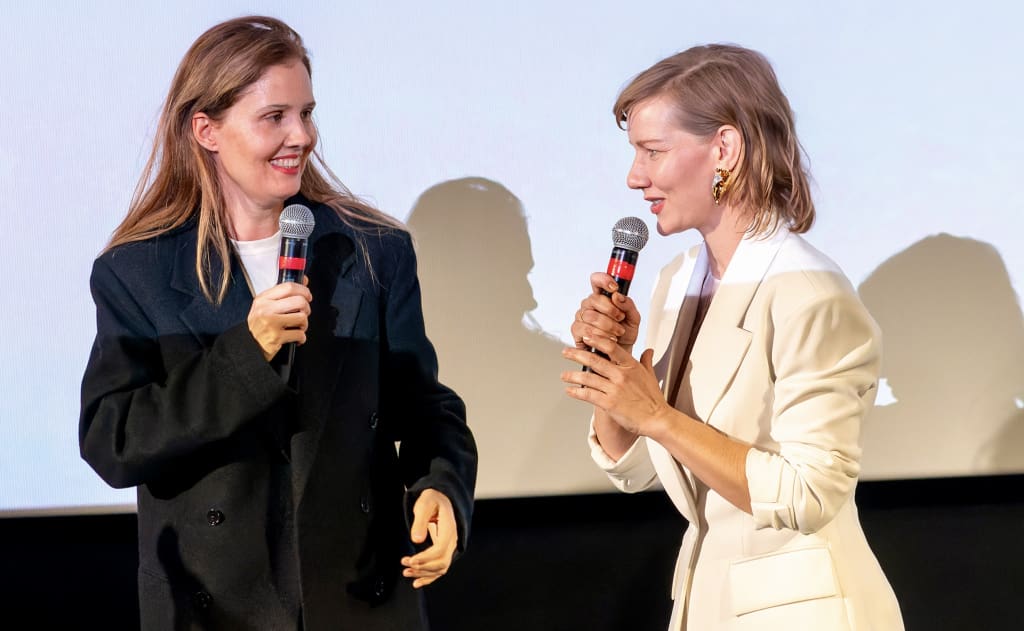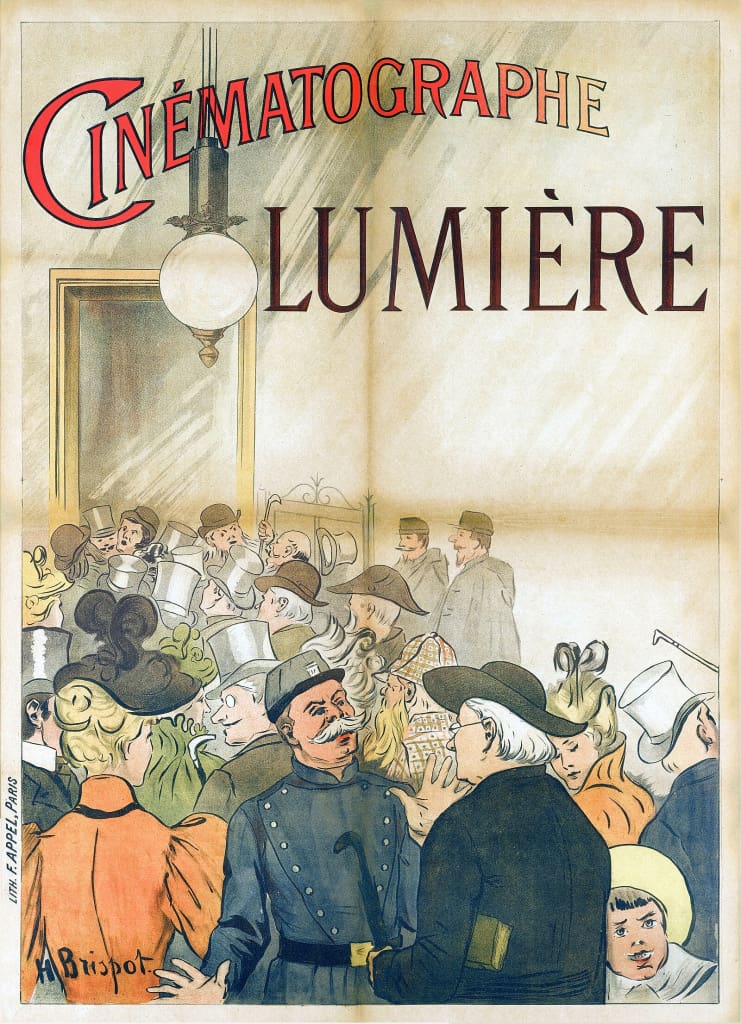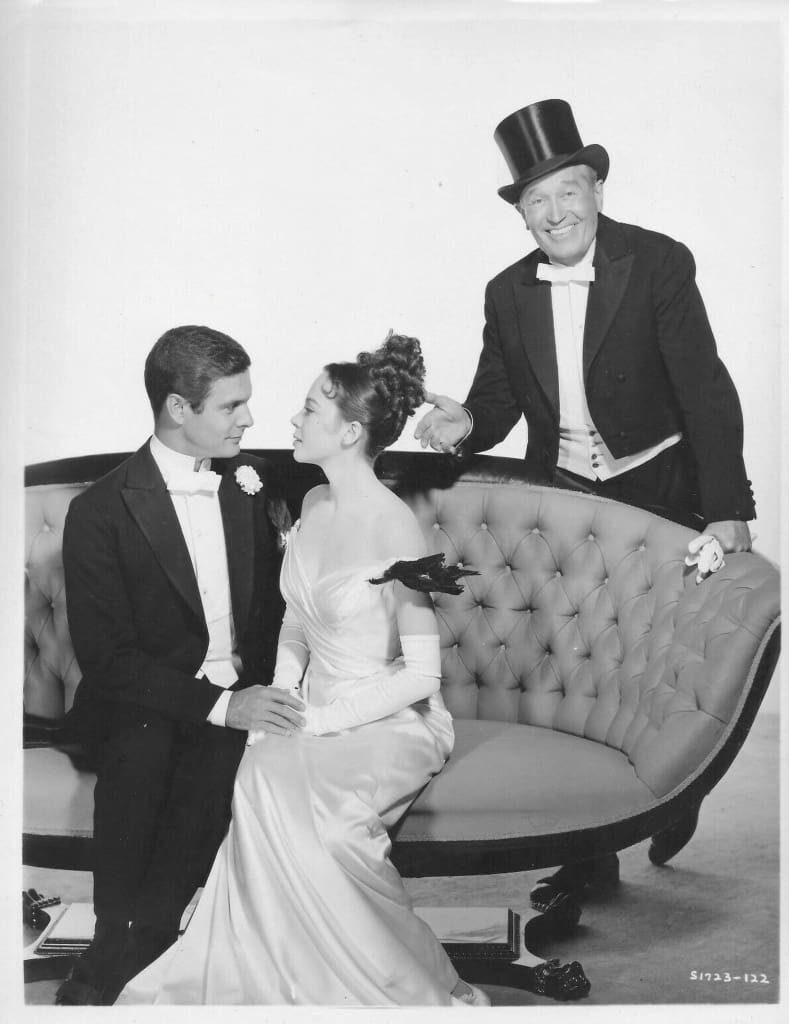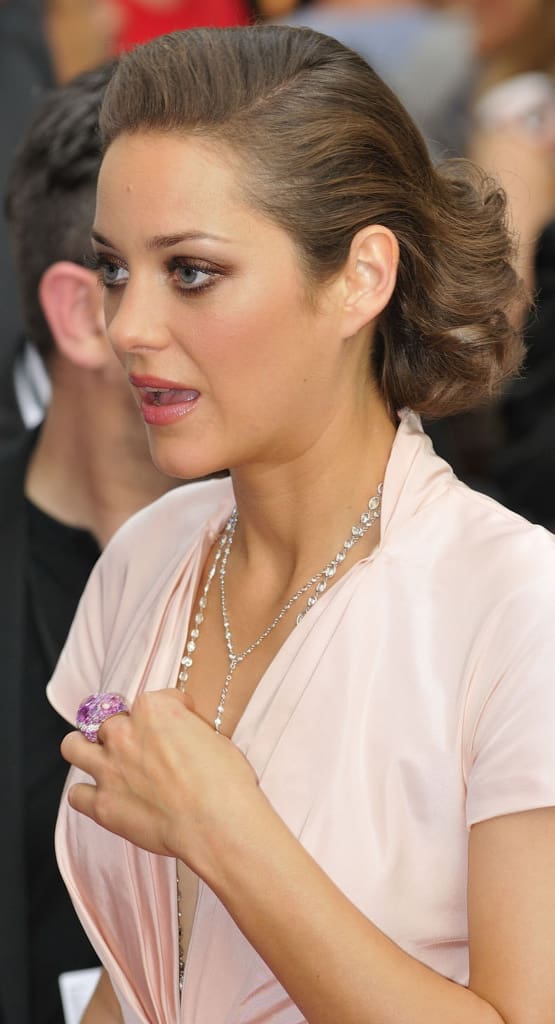A flippant expose of the country and people who will host this year’s Paris 2024 Olympic Games. This week Senior Correspondent Mike Osborne trains his lens on the French film industry.
Ever watched a French movie from beginning to end and thought WTF: Was That the Finish?
Despite winning awards the world over, modern French films – dramas and comedies alike – have a tendency to lack a linear storyline. There’s no beginning, no middle and no end. Just a slice of life.
A classic example is 2024 Oscar-winning French film Anatomy of a Fall which explores whether a man who fell to his death had an accident, jumped or was pushed by his wife.

Two and a half hours later when the credits roll the audience is none the wiser, despite the movie detailing all the issues in a murder trial.
Not even Oscar-nominated actress Sandra Huller, who played the wife accused of the murder, knew whether her character was innocent or not.
French director Justine Triet, who also wrote the screenplay, refused to give the actress any guidance during filming: “On set I was very mysterious.”
Mysterious indeed, but the film was still nominated for five Academy Awards including best picture and best director and won one Oscar for best original screenplay.
“It will help me through my midlife crisis I think,” Triet said when accepting the award.
But will it help the audience with their’s?
As you might expect from the country that invented moving pictures – the Lumiere brothers used their new cinematographe equipment in 1895 to shoot a 40-second slice of life of workers leaving the family factory – French cinema is very big business.

France has the most successful film industry in Europe. It is one of the few countries where US productions don’t dominate due to the strength of the domestic industry.
Paris also has the highest density of cinemas in the world, measured by the number of movie theatres per inhabitant. What’s more, the Cannes film festival is one of the biggest global industry awards – after the Oscars.
Many French films have become Hollywood remakes – including Brad Pitt’s 12 Monkeys in 1995 which was inspired by the 1962 film La Jetee; 1997’s The Jackal, starring Bruce Willis and Richard Gere, which was copied from 1973’s The Day of the Jackal; Marilyn Monroe’s 1959 hit Some Like it Hot was based on 1935’s Fanfare of Love; and Russell Crowe’s 2010 appearance in The Next Three Days with Elizabeth Banks was based on the 2008 French film Anything for Her.
The biggest success for a Hollywood version of a French film is the 2021 Netflix hit CODA (Children of Deaf Adults), which won three Oscars including Best Picture and was based on the 2014 French-Belgian production La Famille Belier.
Despite the global domination of Hollywood films, French actors have retained some influence.
In the years following WWII French actress Leslie Caron starred in musical hits in 1951 with An American in Paris, which won the best film Oscar, and in 1958 with Gigi, which won all nine Oscars it was nominated for including best film and best director.

In the 1960s and 70s a slew of French stars made their names on the world’s silver screens including Brigitte Bardot, Catherine Deneuve and Yves Montand; followed in the 1980s and 1990s by Isabelle Huppert, Isabelle Adjani, Sophie Marceau, Jean Reno and Juliette Binoche.
The most successful French actor is Marion Cotillard who became the first to win an academy award for a French-language performance when she took out the 2008 Best Actress Oscar for her portrayal of French singer Edith Piaf in La Vie en Rose.

Cotillard has also starred in Hollywood hits including 2010’s Inception with Leonardo DiCaprio, Woody Allen’s Midnight in Paris with Owen Wilson in 2011, The Dark Knight Rises in 2012 with Christian Bale, 2016’s Allied with Brad Pitt and with Russell Crowe in the 2006 romcom A Good Year.
Perhaps the best known French actor is Gerard Depardieu who has worked on more than 250 French and mainstream films including Green Card, The Man in the Iron Mask, Life of Pi and Kenneth Branagh’s Hamlet.
But Depardieu’s reputation has been damaged by sexual assault accusations from more than a dozen women. He has been under formal investigation by French authorities but denies any wrongdoing and has not been convicted over any of the accusations.

NOTE – This is the latest in a weekly series of “Frivolous facts about France for Olympic bon vivants”. You can read other Frivolous Facts stories by clicking on these topics: Art, Architecture, Sportscars, Language, Wine, Explorers, French hatred of the British, French Heroes, French Bread, French Inventions, Olympic History, French Literary Greats.
Michael Osborne has been a journalist for more than four decades including 35 years with the national news agency Australian Associated Press, rising from junior reporter to Editor.
He was AAP Editor for 11 years and served four years as Head of Sport and Racing. He was also posted to London and Beijing as AAP’s Bureau Chief and Foreign Correspondent.
He has worked at six Olympics and five Commonwealth Games, covered tennis grand slams, golf majors, international cricket, rugby world cups and numerous sporting world championships. He also co-ordinated and managed AAP’s teams and coverage at three Olympic Games in Athens 2004, Beijing 2008 and London 2012.



Discussion about this post